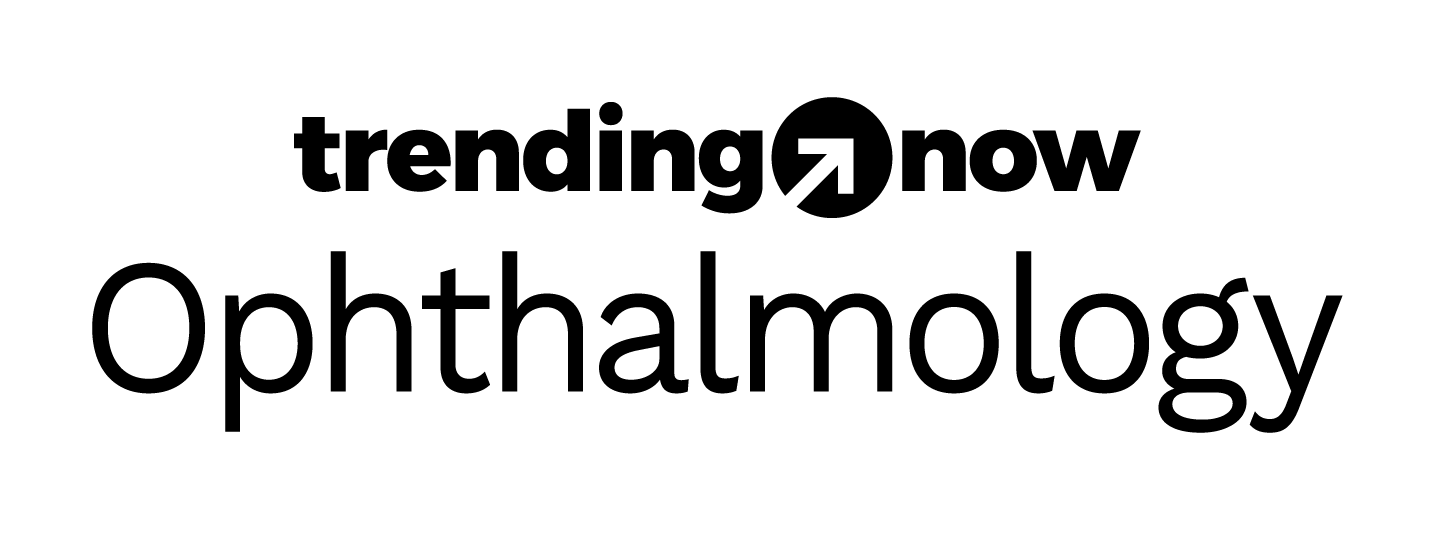Please note, this is the previous seminar programme. The 2026 programme will be revealed in October 2025.
-
AOP LoungeThe College of Optometrists now expect myopia management to be discussed when clinically indicted. This session considers the myopia management customer journey from a family’s awareness of myopia management through to a 12-month check-up. It will focus on how ECPs should communicate with their patients and parents throughout the journey as well as considering how other colleagues within the practice can support the relevant messaging.
-
AOP LoungeThe College of Optometrists guidance was updated in December 2023 to make myopia management part of the core skills of an optometrist, and ABDO guidance also makes clear that myopia management is a key skill of a dispensing optician. Therefore, more myopic patients will be coming in for return appointments having been recommended myopia management previously. This session explores scenarios where the patient has returned and investigates how ECPs can use their detective skills to analyse the patient’s individual situation to be able to provide the correct advice and myopia management solution going forward.
-
AOP LoungeContact lens wearers are also consumers/shoppers of other products and increasingly they are becoming savvier with their spending. Discount codes and coupons are now part of our everyday life. In this discussion workshop we will be looking at what motivates and influences patients shopping habits and linking this to the variety of contact lenses that are currently available. We will review how to balance this with the features and benefits of contact lenses to meet the patients expectations, needs and preferences and to be able to confidently explain the value that can be provided.
-
AOP LoungeContact lens wearers are also consumers/shoppers of other products and increasingly they are becoming savvier with their spending. Discount codes and coupons are now part of our everyday life. In this discussion workshop we will be looking at what motivates and influences patients shopping habits and linking this to the variety of contact lenses that are currently available. We will review how to balance this with the features and benefits of contact lenses to meet the patients expectations, needs and preferences and to be able to confidently explain the value that can be provided.
-
AOP LoungeMany people will experience presbyopia for over half of their lives—spanning multiple generations. This session has been written to help you rethink the modern presbyope. 60 is the new 45, and 45 is the new 30. What was once considered a time to wind down is now a time to live life to the fullest. Are we holding our presbyopes back from living their life the way they want? This discussion workshop will take you through cases that will help you reframe your thinking on what it's like to be presbyopic and the generation that is currently being underserved.
-
AOP LoungeContact lenses have the ability to improve peoples lives from the young through to teens, adults and later life. In this discussion workshop, we will examine the key elements to consider at each of these life stages, to ensure, happy, healthy and successful contact lens wear.
-
AOP LoungeDiscover your toric lens fitting style: clinical insight or patient choice? Are you the type of fitter who confidently makes the best clinical recommendation, or do you prefer empowering your patients with choices? Join us for an interactive workshop where we dive into the diverse strategies eye care professionals use when prescribing toric contact lenses. This session isn't just about the science—it's about refining your communication skills, understanding the impact of lens design and material on patient comfort, and embracing a patient-centred approach that truly personalises the contact lens experience.
-
AOP LoungeDiscover your toric lens fitting style: clinical insight or patient choice? Are you the type of fitter who confidently makes the best clinical recommendation, or do you prefer empowering your patients with choices? Join us for an interactive workshop where we dive into the diverse strategies eye care professionals use when prescribing toric contact lenses. This session isn't just about the science—it's about refining your communication skills, understanding the impact of lens design and material on patient comfort, and embracing a patient-centred approach that truly personalises the contact lens experience.
-
AOP LoungeDiscover your toric lens fitting style: clinical insight or patient choice? Are you the type of fitter who confidently makes the best clinical recommendation, or do you prefer empowering your patients with choices? Join us for an interactive workshop where we dive into the diverse strategies eye care professionals use when prescribing toric contact lenses. This session isn't just about the science—it's about refining your communication skills, understanding the impact of lens design and material on patient comfort, and embracing a patient-centred approach that truly personalises the contact lens experience.
-
AOP LoungeMultifocal soft contact lenses offer a world of possibilities for presbyopic patients, but how can we ensure the best outcomes? This interactive peer review CPD session invites you to dive into the complexities and nuances of fitting multifocal lenses. Together with fellow practitioners, you’ll explore the different technologies, share personal experiences, and discuss the challenges and successes in managing presbyopic patients.
-
AOP LoungeMultifocal soft contact lenses offer a world of possibilities for presbyopic patients, but how can we ensure the best outcomes? This interactive peer review CPD session invites you to dive into the complexities and nuances of fitting multifocal lenses. Together with fellow practitioners, you’ll explore the different technologies, share personal experiences, and discuss the challenges and successes in managing presbyopic patients.
-
AOP LoungeMultifocal soft contact lenses offer a world of possibilities for presbyopic patients, but how can we ensure the best outcomes? This interactive peer review CPD session invites you to dive into the complexities and nuances of fitting multifocal lenses. Together with fellow practitioners, you’ll explore the different technologies, share personal experiences, and discuss the challenges and successes in managing presbyopic patients.
-
AOP LoungeThis interactive workshop explores the use of ultra-widefield imaging and OCT in detailed retinal examinations, highlighting their benefits in clinical practice. Through four engaging case studies, participants will delve into a variety of retinal abnormalities, gaining valuable insights into advanced imaging techniques for improved patient care.
-
AOP Lounge
This interactive workshop explores the use of ultra-widefield imaging and OCT in detailed retinal examinations, highlighting their benefits in clinical practice. Through four engaging case studies, participants will delve into a variety of retinal abnormalities, gaining valuable insights into advanced imaging techniques for improved patient care.
-
AOP LoungeJoin this peer review session to explore the role of ultra-widefield imaging and OCT in detailed retinal examinations. Through the discussion of four diverse case studies, participants will share insights and experiences in managing retinal abnormalities, enhancing their clinical practice with advanced imaging technologies.
-
AOP LoungeJoin this peer review session to explore the role of ultra-widefield imaging and OCT in detailed retinal examinations. Through the discussion of four diverse case studies, participants will share insights and experiences in managing retinal abnormalities, enhancing their clinical practice with advanced imaging technologies.
-
AOP Lounge
Join this peer review session to explore the role of ultra-widefield imaging and OCT in detailed retinal examinations. Through the discussion of four diverse case studies, participants will share insights and experiences in managing retinal abnormalities, enhancing their clinical practice with advanced imaging technologies.
-
Catwalk
-
Catwalk
-
Catwalk
-
CatwalkThis insightful session will explore how meticulous record keeping can be a powerful tool to enhance your optometric practice, creating a foundation for sustained success and improved patient care. The lecture will highlight how good record keeping can significantly elevate the patient journey, customer service, work efficiency and even financial outcomes.
Sponsored by:

-
CatwalkThe coveted Love Eyewear Awards returns in 2025 to celebrate, champion and promote the best in eyewear amongst independent and major designers, manufacturers and retailers.
Launched in 2020, Love Eyewear Awards brings together a panel of esteemed judges made up of eyewear bloggers, stylists, journalists, influencers and industry leaders who judge hundreds of entries across a number of carefully curated categories. Winners are announced at the Awards ceremony on the first evening of 100% Optical. -
Catwalk
The Optical Women’s Association (OWA) is expanding its international reach, bringing even more opportunities for women in the optical industry to connect and grow. As part of this exciting initiative, we are thrilled to announce an OWA Global Event at 100% Optical in London!
Join us for “Sparkles & Sips: An OWA Networking & Connections Event”—an inspiring hour of networking, connection, and celebration. Raise a glass of prosecco with dynamic women from around the world as we come together to share ideas, build relationships, and support one another in this incredible industry.
🍾 Graciously sponsored by Ocuco, the event will begin with an introduction from Nancy Gries, Vice-Chair of the International Expansion Committee for OWA. Whether you’re a longtime member or new to the OWA, this is the perfect opportunity to expand your network in a welcoming and empowering atmosphere.
Sponsored by:

-
CatwalkLearn how supervision and training has evolved and what the future holds for qualifying as an Optometrist.
Sponsored by:
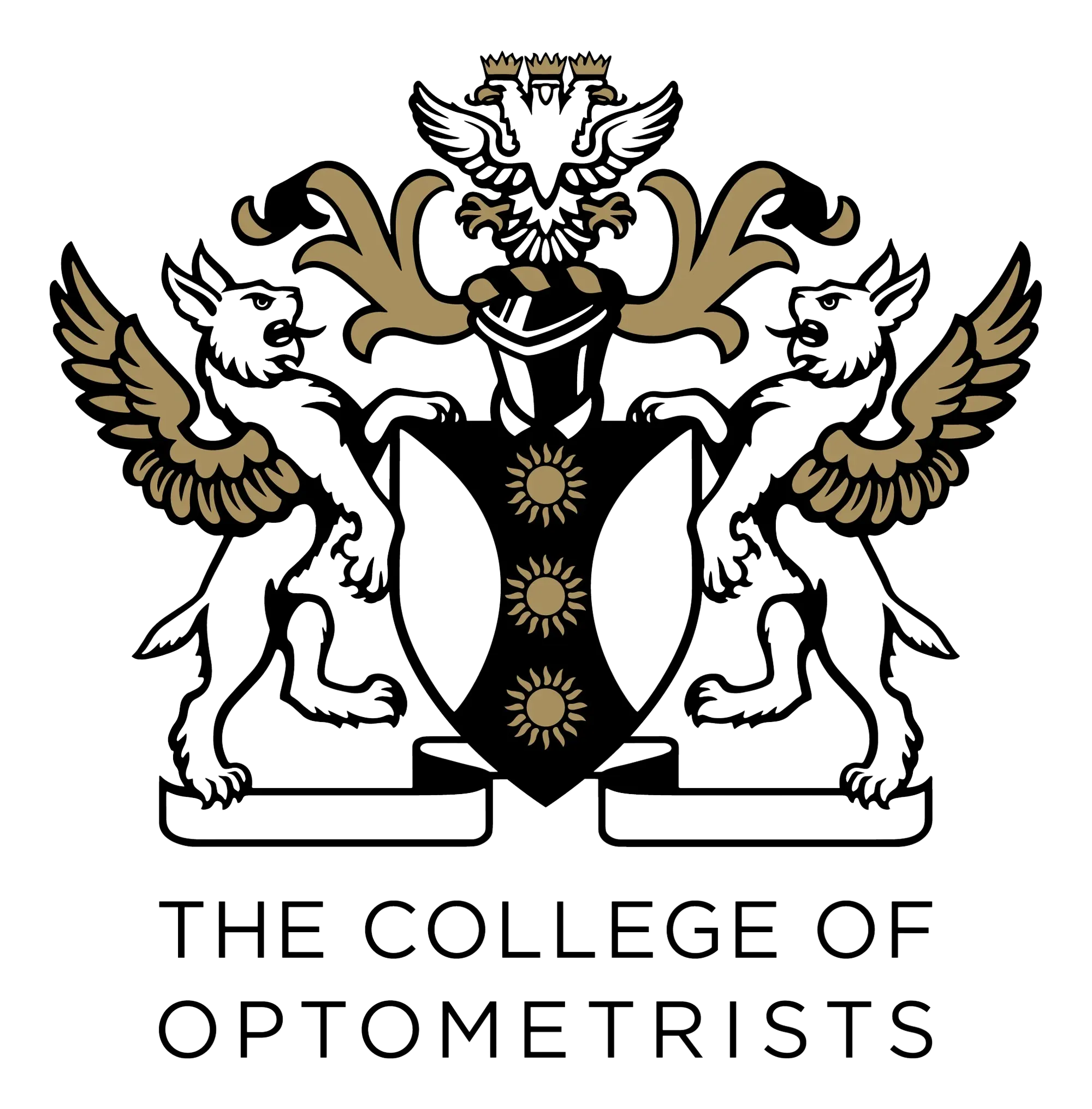
-
Catwalk
-
Catwalk
-
Catwalk
-
Catwalk
Euromonitor’s 2025 Global Consumer trends reflect consumer sentiment shaped by ongoing global challenges such as immigration and climate change, and of course, continued cost-of-living pressures remain a major concern, with three-quarters of consumers still worried about increasing everyday expenses.* As a result, consumers are taking a more cautious and long-term approach.
Learning outcomes: Optical businesses must adapt to these shifts in consumer behaviour and purchase motivations. Today's session will be instrumental in addressing this essential strategy, encouraging optical businesses to adopt these approaches to advance their practice.
Join us as Natasha Cazin, Senior Consultant at Euromonitor, kicks off the discussion with a compelling 10-minute presentation on Euromonitor’s Top Global Consumers and their impact on the Eyewear industry. Executive Editor Daniel Feldman will then moderate a dynamic panel discussion featuring Author and Entrepreneur Garry Kousoulou, and Sea2See Founder and CEO François van den Abeele.
*Source: Euromonitor’s Voice of the Consumer Lifestyle Survey.
Sponsored by:

-
CatwalkEye care faces significant challenges, including limited access, resource constraints, and disparities in service delivery. Virtual, augmented, and mixed reality (VR/AR/MR) technologies are revolutionizing the field, offering innovative solutions like immersive clinician training, advanced diagnostics, and virtual consultations. These tools enhance care quality and accessibility, especially in underserved areas. This presentation explores the current applications of VR/AR/MR in eye care, their limitations, and future opportunities to create more equitable and efficient care models.
Sponsored by:
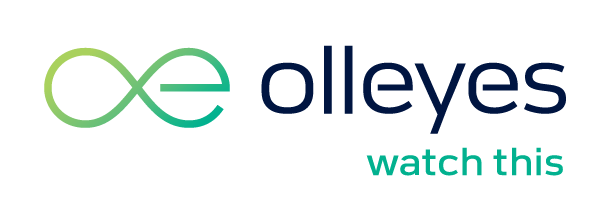
-
Catwalk
The premise of this session is to provide a dynamic exploration of real-world cases and scenarios, to provide invaluable practical advice on navigating the complexities of myopia management, including the successes, challenges and unexpected hurdles. The speakers will delve into key topics such as:
• Dealing with difficult parents - strategies to build trust, manage expectations, and maintain positive relationships with caregivers
• Driving better treatment outcomes - practical techniques to enhance patient compliance and improve long-term results
• Tracking and monitoring progression - leveraging scientific evidence and data to effectively monitor and manage myopia progression over time.
By blending clinical insights with practical experiences, the session will provide actionable guidance to enhance your practice and build confidence in managing even the most challenging cases.
Sponsored by:

-
CatwalkDiscover how independent practices are boosting their bottom line through strategic patient engagement. In this 30-minute presentation, you'll learn proven techniques to naturally increase purchase fr ...
Sponsored by:
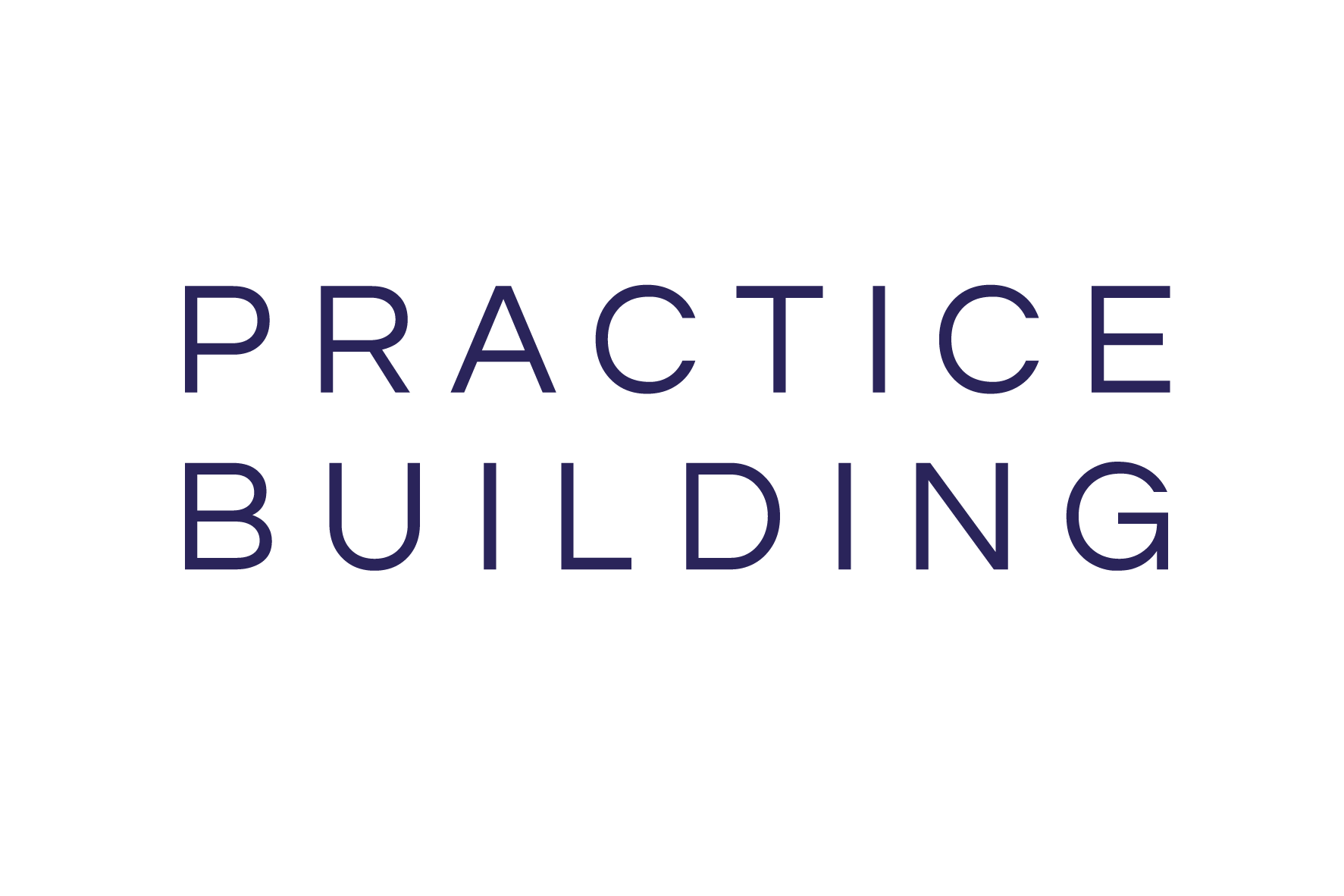
-
Catwalk
-
Catwalk
-
Catwalk
-
CooperVision
The College of Optometrists guidance was updated in December 2023 to make myopia management part of the core skills of an optometrist, and ABDO guidance also makes clear that myopia management is a key skill of a dispensing optician. Therefore, more myopic patients will be coming in for return appointments having been recommended myopia management previously. This session explores scenarios where the patient has returned and investigates how ECPs can use their detective skills to analyse the patient’s individual situation to be able to provide the correct advice and myopia management solution going forward.
-
CooperVisionMany people will experience presbyopia for over half of their lives—spanning multiple generations. This session has been written to help you rethink the modern presbyope. 60 is the new 45, and 45 is the new 30. What was once considered a time to wind down is now a time to live life to the fullest. Are we holding our presbyopes back from living their life the way they want? This discussion workshop will take you through cases that will help you reframe your thinking on what it's like to be presbyopic and the generation that is currently being underserved.
-
CooperVisionContact lenses have the ability to improve peoples lives from the young through to teens, adults and later life. In this discussion workshop, we will examine the key elements to consider at each of these life stages, to ensure, happy, healthy and successful contact lens wear.
-
CooperVisionThis lecture will cover how orthokeratology changes the corneal curvature to correct myopia and the mechanisms behind this. As well as safety, efficacy and common issues with this method of correction, it will also demonstrate the instrumentation required to fit the lenses and how this can fit into the practice. The lecture will also cover how orthokeratology slows myopia progression in children by reducing the hyperopic defocus in the peripheral retina. After the lecture, delegates will have a better understanding of how orthokeratology works and how it can form part of their myopia management treatment strategies.
-
CooperVisionThe College of Optometrists now expect myopia management to be discussed when clinically indicted. This session considers the myopia management customer journey from a family’s awareness of myopia management through to a 12-month check-up. It will focus on how ECPs should communicate with their patients and parents throughout the journey as well as considering how other colleagues within the practice can support the relevant messaging.
-
CooperVisionContact lens wearers are also consumers/shoppers of other products and increasingly they are becoming savvier with their spending. Discount codes and coupons are now part of our everyday life. In this discussion workshop we will be looking at what motivates and influences patients shopping habits and linking this to the variety of contact lenses that are currently available. We will review how to balance this with the features and benefits of contact lenses to meet the patients expectations, needs and preferences and to be able to confidently explain the value that can be provided.
-
CooperVisionMany people will experience presbyopia for over half of their lives—spanning multiple generations. This session has been written to help you rethink the modern presbyope. 60 is the new 45, and 45 is the new 30. What was once considered a time to wind down is now a time to live life to the fullest. Are we holding our presbyopes back from living their life the way they want? This discussion workshop will take you through cases that will help you reframe your thinking on what it's like to be presbyopic and the generation that is currently being underserved.
-
CooperVisionContact lenses have the ability to improve peoples lives from the young through to teens, adults and later life. In this discussion workshop, we will examine the key elements to consider at each of these life stages, to ensure, happy, healthy and successful contact lens wear.
-
CooperVisionThe College of Optometrists guidance was updated in December 2023 to make myopia management part of the core skills of an optometrist, and ABDO guidance also makes clear that myopia management is a key skill of a dispensing optician. Therefore, more myopic patients will be coming in for return appointments having been recommended myopia management previously. This session explores scenarios where the patient has returned and investigates how ECPs can use their detective skills to analyse the patient’s individual situation to be able to provide the correct advice and myopia management solution going forward.
-
CooperVisionContact lens wearers are also consumers/shoppers of other products and increasingly they are becoming savvier with their spending. Discount codes and coupons are now part of our everyday life. In this discussion workshop we will be looking at what motivates and influences patients shopping habits and linking this to the variety of contact lenses that are currently available. We will review how to balance this with the features and benefits of contact lenses to meet the patients expectations, needs and preferences and to be able to confidently explain the value that can be provided.
-
CooperVisionThis lecture will cover how orthokeratology changes the corneal curvature to correct myopia and the mechanisms behind this. As well as safety, efficacy and common issues with this method of correction, it will also demonstrate the instrumentation required to fit the lenses and how this can fit into the practice. The lecture will also cover how orthokeratology slows myopia progression in children by reducing the hyperopic defocus in the peripheral retina. After the lecture, delegates will have a better understanding of how orthokeratology works and how it can form part of their myopia management treatment strategies.
-
Dispensing WorkshopThe AOP presents peer review. In small groups, you will be presented with different clinical and ethical scenarios to discuss and digest with your colleagues.
-
Dispensing WorkshopIn this discussion workshop, delegates will get an introduction to the use of amniotic membrane transplantation in the treatment of patients with ocular surface damage. This human tissue is collected from the placental tissues of pregnant women following elective caesarean section and is preserved, ready to be used as a biological bandage on the surface of the eye. This session welcomes all attendees interested in learning more about this innovative treatment option as it will explore the background, production, application process and clinical benefits for using amniotic membrane in primary care.
Sponsored by:

-
Dispensing WorkshopThis discussion workshop will see the optical solutions of spectacles and contact lenses go head-to-head in a knockout round – it’s up to you to decide what they should wear. The session will be presented by Dr Alicia Thompson representing spectacle solutions and Max Halford representing contact lens possibilities, exploring vision correction opticians for children, presbyopes and working professionals.
-
Dispensing Workshop
This discussion workshop will explore areas of optical practice where all registrants need to ensure they are making appropriate decisions and working collaboratively in a team. With your peers, you will be asked to consider the areas of the sale and supply and also delegated functions, to ensure everyone in practice able to stay the right side of the line.
-
Dispensing WorkshopThis session will cover the important role that primary eye care professionals have in the eye care support pathway. The workshop will explain what is meant by support and information and how optometrists and dispensing opticians can play a key role at all stages and through each strand. The session will cover what support might be required, what support is available and how to link patients to that support in the middle of a busy clinic.
Sponsored by:
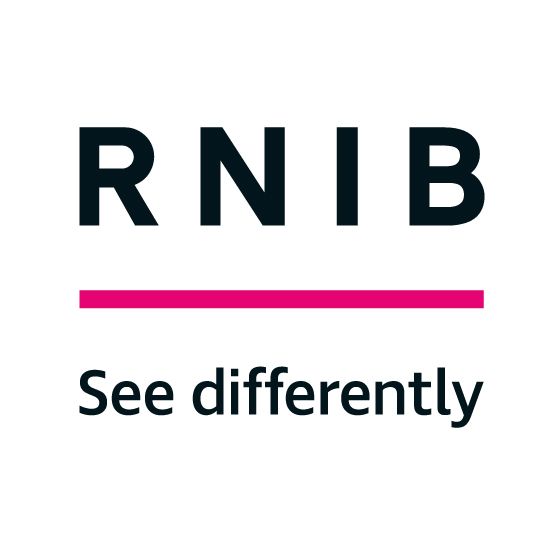
-
Dispensing WorkshopThis peer review is broken down into three stages and considers why effective communication is so important, three different models of breaking bad news, and keeping safe in the eyes of the law.
Sponsored by:

-
Dispensing WorkshopThe AOP presents peer review. In small groups, you will be presented with different clinical and ethical scenarios to discuss and digest with your colleagues.
-
Dispensing WorkshopThe workshop will emphasise on a patient-focused approach to delivering personalised solutions using rimless frames. It will cover critical areas for dispensing opticians and be of interest to optometrists. Discussions on the different metals available in rimless eyewear, along with their pros and cons. Attendees will participate in practical exercises aimed at improving their skills in the finer details of the dismantling and assembly process, repairing, and maintaining both push and screw fitted rimless glasses.
Sponsored by:
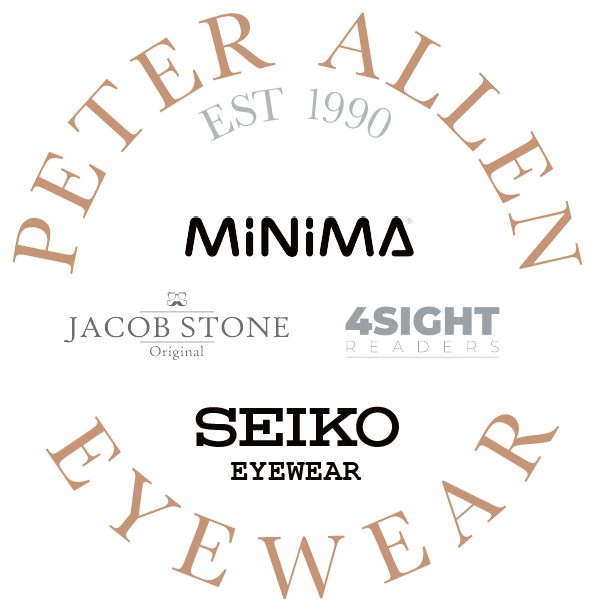
-
Dispensing WorkshopDuring this discussion workshop we will present cases centered around dispensing and patients returning to practice with potential non-tolerance to their spectacle lenses. Registrants will be presented with two scenarios to analyse the potential risk of non-tolerance, understand the best recommendation (optical, mechanical and aesthetic) and how to recommend to meet patient expectation. In addition, two scenarios will discuss the return for non-tolerance, where registrants will discuss ‘what went wrong,’ and what could have been done differently at the time of dispense, whether related to the product recommendation, the dispensing technique, or in setting patient expectations.
-
Dispensing WorkshopThis discussion workshop will see the optical solutions of spectacles and contact lenses go head-to-head in a knockout round – it’s up to you to decide what they should wear. The session will be presented by Dr Alicia Thompson representing spectacle solutions and Max Halford representing contact lens possibilities, exploring vision correction opticians for children, presbyopes and working professionals.
Sponsored by:

-
Dispensing WorkshopThis discussion workshop will explore areas of optical practice where all registrants need to ensure they are making appropriate decisions and working collaboratively in a team. With your peers, you will be asked to consider the areas of the sale and supply and also delegated functions, to ensure everyone in practice able to stay the right side of the line.
Sponsored by:

-
Dispensing WorkshopJoin this session for insights on lens-led dispensing, customer journey, best practices, technologies, and more. From improving the knowledge around lens-led dispensing to finding the right lens for your patients' lifestyles.
Sponsored by:
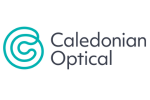
-
Dispensing WorkshopThe AOP presents peer review. In small groups, you will be presented with different clinical and ethical scenarios to discuss and digest with your colleagues.
-
Dispensing WorkshopLight sensitivity is a common complaint heard in practice but how can practitioners ensure that the best solution is recommended to the patient? This discussion workshop will explore the increase of light sensitivity symptoms, the importance of light management to control the effects of glare and reduced contrast and also discuss solutions available to patients.
Sponsored by:

-
Dispensing WorkshopThis discussion workshop will see the optical solutions of spectacles and contact lenses go head-to-head in a knockout round – it’s up to you to decide what they should wear. The session will be presented by Dr Alicia Thompson representing spectacle solutions and Max Halford representing contact lens possibilities, exploring vision correction opticians for children, presbyopes and working professionals.
-
Dispensing WorkshopThis discussion workshop will explore areas of optical practice where all registrants need to ensure they are making appropriate decisions and working collaboratively in a team. With your peers, you will be asked to consider the areas of the sale and supply and also delegated functions, to ensure everyone in practice able to stay the right side of the line.
-
Dispensing WorkshopThis session will provide strategies for both optometrists and dispensing opticians to optimise the support they give in practice to enable people with learning disabilities to achieve equitable eye care. The presenters will touch on what to look out for clinically as well as discuss strategies to support successful clinical assessment and use of optical aids. Cases will then be presented for discussion where these strategies can be applied and explored.
Sponsored by:

-
Future Practice - Contact Lens HubAs eye care practitioners, do we really know how much digital screens our patients are using day-to-day? Are your patients battling digital eyestrain? Do you want to learn how toric contact lenses could be the ultimate ally for astigmats in the fight for clear, comfortable vision in the digital age? You will learn about the extent of digital device use and the symptoms of digital eyestrain. In this interactive session we’ll discover how digital screens affect patients and contribute to eyestrain. Through engaging discussions of cases, we will discover how we can address digital eyestrain with the toric contact lenses in astigmatic patients.
-
Future Practice - Contact Lens HubDo you wish you could phone a friend or use a lifeline when trying to successfully fit a patient with multifocal contact lenses? Do you want to enhance your multifocal fitting skills? Whether you’re a seasoned practitioner or just starting to explore the world of multifocals, this interactive session will help sharpen your decision making and build confidence in managing even the most complex cases. You will learn communication tips to make fitting and managing multifocal contact lens patients a success. We will navigate through real-world patient scenarios in a dynamic format where every choice leads you closer to becoming a multifocal master.
-
Future Practice - Contact Lens HubReady to transform your contact lens fitting process and boost patient satisfaction? In this interactive session, we’ll dive into recent research on new contact lens wearers and uncover the surprising insights about their expectations, emotions and challenges. With over 80% of patients feeling unsure on their fitting day, and nearly 80% wanting to be fitted in three visits or fewer, it’s clear there’s room for improvement. Join us for an engaging mix of case studies, real patient videos, and hands-on discussions where we’ll explore how to create a smoother, faster and more personalised contact lens journey. Learn how to combine clinical expertise with excellent patient care, all while making the process feel seamless and tailored to each patient’s lifestyle. By the end, you’ll walk away with practical tools to make your contact lens fits and aftercares more efficient, effective, and – most importantly – satisfying for both you and your patients.
-
Future Practice - Contact Lens HubAs eye care practitioners, do we really know how much digital screens our patients are using day-to-day? Are your patients battling digital eyestrain? Do you want to learn how toric contact lenses could be the ultimate ally for astigmats in the fight for clear, comfortable vision in the digital age? You will learn about the extent of digital device use and the symptoms of digital eyestrain. In this interactive session we’ll discover how digital screens affect patients and contribute to eyestrain. Through engaging discussions of cases, we will discover how we can address digital eyestrain with the toric contact lenses in astigmatic patients.
-
Future Practice - Contact Lens HubDo you wish you could phone a friend or use a lifeline when trying to successfully fit a patient with multifocal contact lenses? Do you want to enhance your multifocal fitting skills? Whether you’re a seasoned practitioner or just starting to explore the world of multifocals, this interactive session will help sharpen your decision making and build confidence in managing even the most complex cases. You will learn communication tips to make fitting and managing multifocal contact lens patients a success. We will navigate through real-world patient scenarios in a dynamic format where every choice leads you closer to becoming a multifocal master.
-
Future Practice - Contact Lens HubReady to transform your contact lens fitting process and boost patient satisfaction? In this interactive session, we’ll dive into recent research on new contact lens wearers and uncover the surprising insights about their expectations, emotions and challenges. With over 80% of patients feeling unsure on their fitting day, and nearly 80% wanting to be fitted in three visits or fewer, it’s clear there’s room for improvement. Join us for an engaging mix of case studies, real patient videos, and hands-on discussions where we’ll explore how to create a smoother, faster and more personalised contact lens journey. Learn how to combine clinical expertise with excellent patient care, all while making the process feel seamless and tailored to each patient’s lifestyle. By the end, you’ll walk away with practical tools to make your contact lens fits and aftercares more efficient, effective, and – most importantly – satisfying for both you and your patients.
-
Future Practice - Contact Lens HubAs eye care practitioners, do we really know how much digital screens our patients are using day-to-day? Are your patients battling digital eyestrain? Do you want to learn how toric contact lenses could be the ultimate ally for astigmats in the fight for clear, comfortable vision in the digital age? You will learn about the extent of digital device use and the symptoms of digital eyestrain. In this interactive session we’ll discover how digital screens affect patients and contribute to eyestrain. Through engaging discussions of cases, we will discover how we can address digital eyestrain with the toric contact lenses in astigmatic patients.
-
Future Practice - Contact Lens HubDo you wish you could phone a friend or use a lifeline when trying to successfully fit a patient with multifocal contact lenses? Do you want to enhance your multifocal fitting skills? Whether you’re a seasoned practitioner or just starting to explore the world of multifocals, this interactive session will help sharpen your decision making and build confidence in managing even the most complex cases. You will learn communication tips to make fitting and managing multifocal contact lens patients a success. We will navigate through real-world patient scenarios in a dynamic format where every choice leads you closer to becoming a multifocal master.
-
Future Practice - Contact Lens HubReady to transform your contact lens fitting process and boost patient satisfaction? In this interactive session, we’ll dive into recent research on new contact lens wearers and uncover the surprising insights about their expectations, emotions and challenges. With over 80% of patients feeling unsure on their fitting day, and nearly 80% wanting to be fitted in three visits or fewer, it’s clear there’s room for improvement. Join us for an engaging mix of case studies, real patient videos, and hands-on discussions where we’ll explore how to create a smoother, faster and more personalised contact lens journey. Learn how to combine clinical expertise with excellent patient care, all while making the process feel seamless and tailored to each patient’s lifestyle. By the end, you’ll walk away with practical tools to make your contact lens fits and aftercares more efficient, effective, and – most importantly – satisfying for both you and your patients.
-
Future Practice - Diagnostics SuiteThe prevalence of entropion rapidly increases with older age, reaching approximately 11% in those over 80 years old. In primary care it can often be confused with trichiasis, with both conditions having the potential to cause significant corneal damage and if not managed correctly, may result in vision loss. This session aims to help clinicians identify and manage these conditions by reviewing the pathophysiology, undertaking necessary evaluation and selecting the correct management of these eyelid malformations. Optometrists in the community are usually the first port of call for these conditions. Incorrect identification and management of these conditions can lead to corneal abrasion, ulceration, infection, scaring and if left untreated, irreversible vision loss.
-
Future Practice - Diagnostics SuiteThrough the lens of leadership, this discussion workshop will present two cataract cases and an AMD scenario each with their own unique challenges. The session will explore skills and tools within communication and leadership that can support management of patients who require care within both primary and secondary care settings and is suitable for both optometrists and dispensing opticians working in any eye care setting.
-
Future Practice - Diagnostics SuiteGlaucoma is the leading cause of irreversible sight loss in the world and the mainstays of glaucoma management have remained the same for the last 20 years. Through this peer review we will delve into newer treatments for glaucoma management and how optometrists in the community can work both with secondary care providers to support early detection of glaucoma and have the confidence to discuss treatment options with their patients.
-
Future Practice - Diagnostics SuiteThe prevalence of entropion rapidly increases with older age, reaching approximately 11% in those over 80 years old. In primary care it can often be confused with trichiasis, with both conditions having the potential to cause significant corneal damage and if not managed correctly, may result in vision loss. This session aims to help clinicians identify and manage these conditions by reviewing the pathophysiology, undertaking necessary evaluation and selecting the correct management of these eyelid malformations. Optometrists in the community are usually the first port of call for these conditions. Incorrect identification and management of these conditions can lead to corneal abrasion, ulceration, infection, scaring and if left untreated, irreversible vision loss.
-
Future Practice - Diagnostics SuiteThrough the lens of leadership, this discussion workshop will present two cataract cases and an AMD scenario each with their own unique challenges. The session will explore skills and tools within communication and leadership that can support management of patients who require care within both primary and secondary care settings and is suitable for both optometrists and dispensing opticians working in any eye care setting.
-
Future Practice - Diagnostics SuiteGlaucoma is the leading cause of irreversible sight loss in the world and the mainstays of glaucoma management have remained the same for the last 20 years. Through this peer review we will delve into newer treatments for glaucoma management and how optometrists in the community can work both with secondary care providers to support early detection of glaucoma and have the confidence to discuss treatment options with their patients.
-
Future Practice - Diagnostics SuiteThe prevalence of entropion rapidly increases with older age, reaching approximately 11% in those over 80 years old. In primary care it can often be confused with trichiasis, with both conditions having the potential to cause significant corneal damage and if not managed correctly, may result in vision loss. This session aims to help clinicians identify and manage these conditions by reviewing the pathophysiology, undertaking necessary evaluation and selecting the correct management of these eyelid malformations. Optometrists in the community are usually the first port of call for these conditions. Incorrect identification and management of these conditions can lead to corneal abrasion, ulceration, infection, scaring and if left untreated, irreversible vision loss.
-
Future Practice - Diagnostics Suite
Through the lens of leadership, this discussion workshop will present two cataract cases and an AMD scenario each with their own unique challenges. The session will explore skills and tools within communication and leadership that can support management of patients who require care within both primary and secondary care settings and is suitable for both optometrists and dispensing opticians working in any eye care setting.
-
Future Practice - Diagnostics SuiteGlaucoma is the leading cause of irreversible sight loss in the world and the mainstays of glaucoma management have remained the same for the last 20 years. Through this peer review we will delve into newer treatments for glaucoma management and how optometrists in the community can work both with secondary care providers to support early detection of glaucoma and have the confidence to discuss treatment options with their patients.
-
Main StageThis session will delve into real clinical cases, focusing on the key question: how certain are you in your diagnosis, and where might you go wrong? We will explore strategies to increase diagnostic confidence and examine how cognitive biases can lead to errors in decision-making. Practitioners will gain insights into refining their clinical judgment and reducing diagnostic uncertainty.
-
Main StageWith over 600,000 individuals currently waiting for NHS ophthalmology appointments, many facing delays of a year or more, effective collaboration between optometry and ophthalmology has never been more critical. This lecture explores how key clinical details in referrals can enhance treatment planning, the importance of preparing patients for their clinic appointments, and what typically happens after a referral. It also highlights innovative approaches for managing patients with complex needs and shares valuable insights from patients about what truly matters to them. Discover how small, thoughtful adjustments can significantly improve patient care and outcomes.
Sponsored by:

-
Main StageThis presentation is intended for eye care practitioners who would like to further their basic and intermediate skills in interpretation of OCT scans of the macular area. It illustrates the indications for scanning as well as the 4 layer approach and 4 skill levels of interpretation.
Sponsored by:
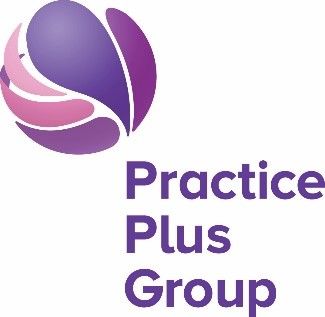
-
Main StageThis lecture will address the challenges of managing glaucoma, focusing on the limitations of intraocular pressure (IOP) reduction as the sole modifiable risk factor. It will explore the significant variability in patient response to IOP-lowering treatments and discuss the potential role of biomarkers in identifying susceptibility to progressive vision loss.
Sponsored by:

-
Main StageWhile increasing availability of clinically useful interventions to slow the progression of myopia offer choice, they also have the potential to increase complexity for both the eye care professional (ECP) and the parents in clinical prescribing decisions. Given that a young child with myopia has a long runway of progression ahead of them, ECPs will need to adopt flexibility in prescribing myopia controlling interventions as young children become young adults. Myopia management could be a 10+ year commitment and an eight year old will have different needs and motivations than an 18 year old. Equally, good adherence with the recommended wear time with any of the interventions is essential to achieve maximum myopia control potential. Ultimately, the best option is what is right for a given moment in time and ECPs and families may need to evolve as the child grows up in a myopia management intervention. This lecture will discuss a variety of scenarios that ECPs could face when myopic children return for their routine follow-up appointments and share management approaches supported by the evidence base for each scenario.
Sponsored by:
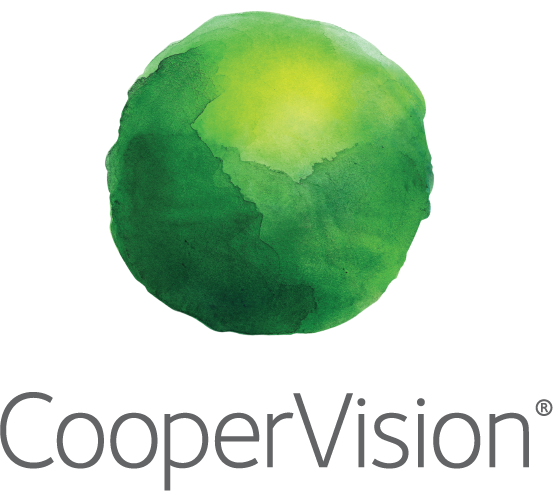
-
Main StageOptometrists are excellent at monitoring eye health and testing spatial visual resolution; however, a standard eye test does not typically incorporate tests of temporal (motion) perception, which raises the question – is there any need for a standard test of motion processing? This talk will serve as a fun introduction to: features of motion perception; methods and approaches of measuring motion perception; and factors affecting motion perception.
-
Main StageThis lecture will focus on how optometrists can play a vital role in tackling the growing glaucoma burden in the UK. We will explore strategies to improve patient compliance, support caregivers, raise public awareness, and enhance the detection and management of glaucoma suspects. Special attention will be given to the management of glaucoma patients with cataracts, particularly the potential benefits of minimally invasive glaucoma surgery (MIGS). In the UK, managing patients with both conditions requires a tailored approach, considering factors such as disease severity, glaucoma type, and overall eye health, to achieve better long-term outcomes.
Sponsored by:

-
Main Stage
This session provides an overview of Geographic Atrophy (GA), a progressive and advanced form of age-related macular degeneration. Topics covered include the definition of GA, its prevalence and progression, key considerations for differential diagnosis, and the burden of the disease on patients. The session will also explore why GA is now a focus in eye care and equip practitioners with the knowledge needed to manage this growing challenge effectively.
Sponsored by:
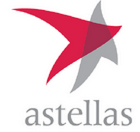
-
Main StageThis lecture will explore the critical importance of managing myopia in children and young people, addressing why early intervention is vital for long-term eye health. We will discuss common causes of myopia, who should oversee its management, and what families can expect from standard treatment approaches. The session will also outline the available management options, including lifestyle adjustments, optical solutions, pharmacological treatments, and light-based therapies.
Sponsored by:

-
Main StageEvaluation of the peripheral retina is critical in the diagnosis and follow-up of retinal diseases. Signs arising from periphery are particularly dangerous because typically they don’t immediately affect patients’ sight, and so they may be not noticed in time. Ultra-widefield imaging enables early detection and monitoring more extensive ocular pathologies that may first present in the periphery. At the centre of the retina, even very small signs of pathology can have a dramatic impact on patients’ vision. Image quality enabling detail discrimination capacity, from macula to the periphery, is crucial. Devices designed to provide ultra-widefield, high-quality retinal images are the key for appropriate disease management.
Sponsored by:

-
Main StageArtificial Intelligence (AI) is transforming the landscape of eye care, offering innovative solutions and enhancing clinical practice across various domains. This interactive lecture will explore the role of AI in key areas of eye care through a patient’s life: paediatrics, contact lenses, dry eye, and age-related ocular conditions. We will discuss how AI-driven image analysis, digital tools, and education platforms are shaping the future of eye care, while addressing critical ethical and regulatory considerations. Participants will gain insights into practical applications of AI and its impact on clinical decision-making, with opportunities to engage through live polls.
Sponsored by:

-
Main StageThis session will highlight several areas that are especially new/relevant in cornea and refractive surgery and will illustrate this with either use of case presentations of video content or both. Content will include, but is not limited to DMEK endothelial keratoplasty, - Endoart artificial cornea, iris repair and medical iris prosthesis, laser vision technology to treat corneal disease, and new intraocular lens technology in refractive lens exchange and cataract surgery.
-
Main StageThis session will explore how visible light affects physiology and cellular behavior beyond its traditional roles in vision and circadian rhythms. The focus will be on the influence of blue and red light on metabolic processes, particularly how red light affects mitochondrial ATP production and its potential impact on eye health. Current research will be discussed, highlighting red light's role in disease progression and symptom relief for conditions such as AMD, myopia, and diabetes. The session will also address potential limitations and cautionary considerations for red light therapy.
-
Main StageThis session aims to empower eye care professionals with an up-to-date understanding of the evolving regulatory environment, equipping them to navigate investigations effectively while minimising the risk of being subject to one. Through the analysis of anonymised case studies from the GOC and Optical Consumer Complaints Service (OCCS), delegates will gain insights into current trends, the consumer landscape driving complaints, and actionable strategies to reduce risk. Practical tips and key learning outcomes will be shared, concluding with an opportunity to address participant queries.
-
Main StageThis interactive, one-hour session will present the current challenges in eye care and how working collaboratively, we can approach the delivery of high-quality, accessible ophthalmology services that align with patient expectations and ophthalmology advancements. Three patient cases covering cataract, glaucoma and AMD will be presented to demonstrate what great eye care looks like in practice when barriers are reduced, and the benefits for patients when receiving a bespoke patient-centred service.
Sponsored by:
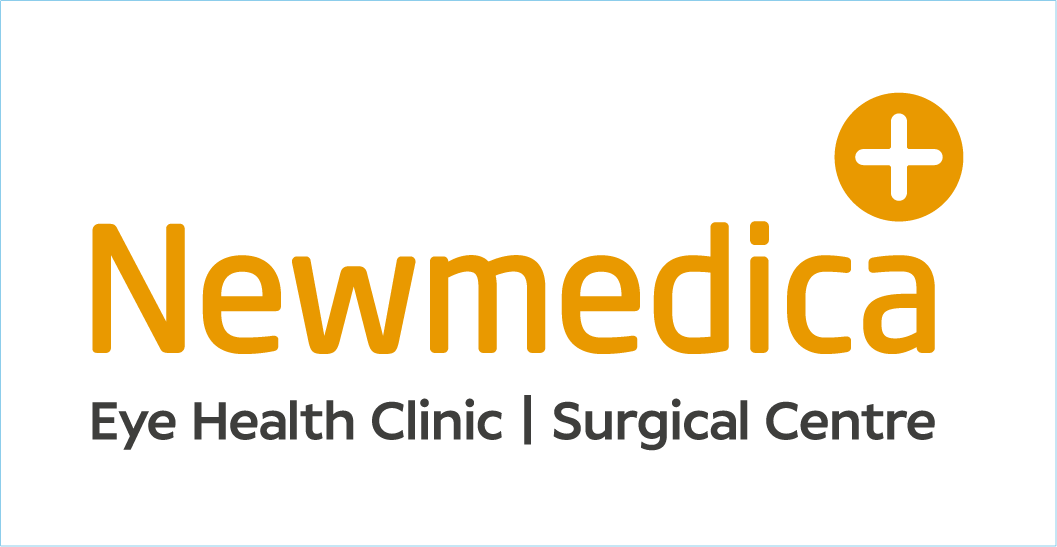
-
Main StageThis lecture outlines real case studies including carotid cavernous fistula, neisseria meningitidis, paediatric vasculitis, disappearing homonymous hemianopia, hypoplastic optic discs, PCA dementia, achromatopsia and Wyburn-Mason syndrome.
-
Main StageThis lecture will provide a recap of common periorbital skin problems, including some easy diagnostic tips, management strategies, and early warning signs for worrying lesions. It will cover the eyelid skin anatomy and discuss eyelid allergies such as irritant and contact eczema and eyelid anomalies associated with systemic medical conditions including psoriasis, rosacea and periorificial dermatitis, before finishing on common eyelid cancers and the need for early recognition. The session will help practitioners become more confident in diagnosing and managing eyelid conditions in primary care.
Sponsored by:
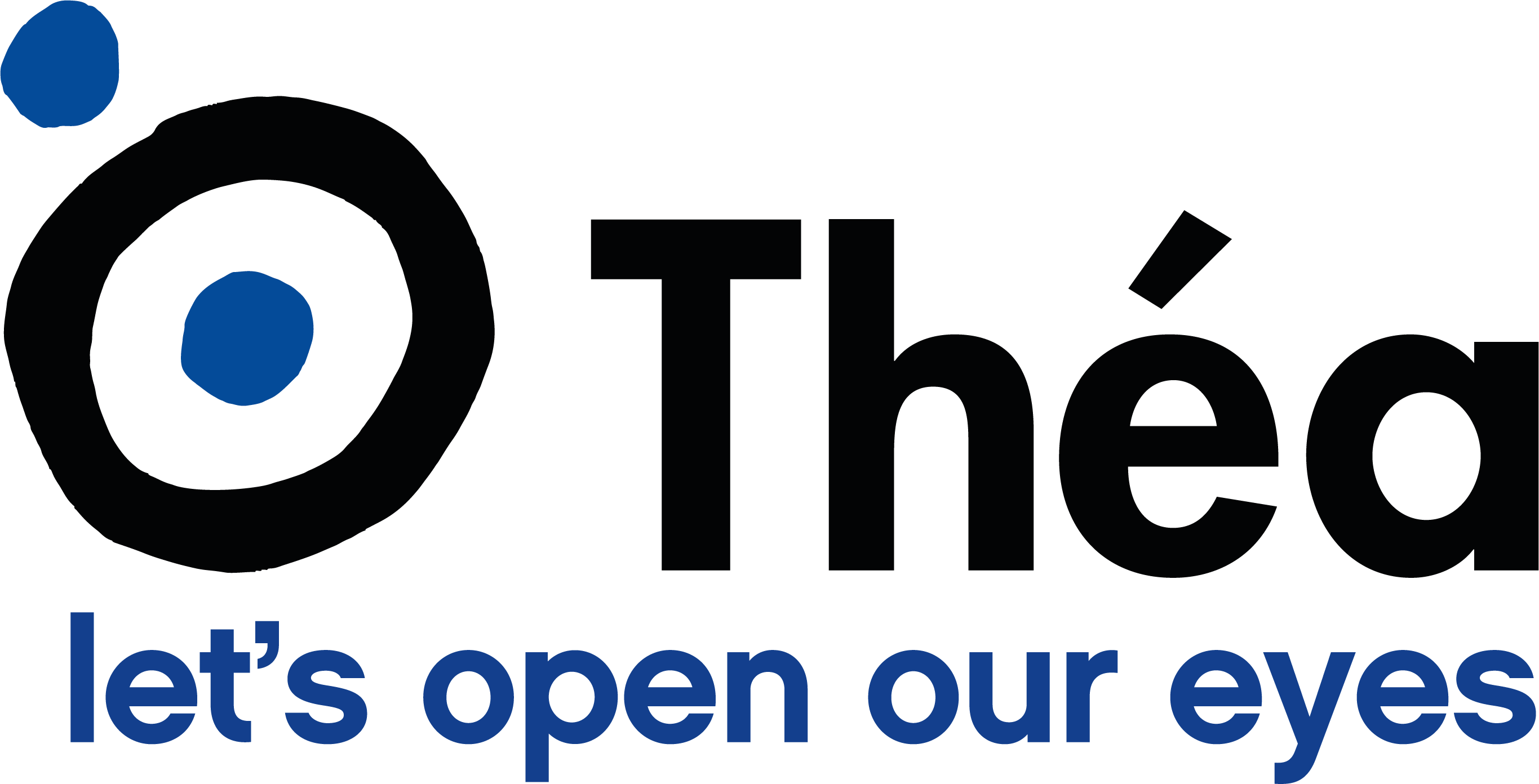
-
Mainline InstrumentsThis interactive lecture cover the cutting-edge applications of corneal and corneo-scleral topography with computer aided design (CAD), computer aided manufacture (CAM) in the production of freeform rigid gas permeable corneal, limbal and scleral contact lenses. Participants will explore the latest techniques for acquiring topographical data that can be used to directly manufacture the most complex lens geometries for patients with irregular corneas or surface disease.
-
Mainline Instruments
Traditionally, diabetic retinopathy screening has been based on the use of traditional fundus photography. In recent years, new interest for a different technological approach to retinal imaging has merged: the scanning confocal ophthalmoscopy. Confocal imaging is a standard in excellent image quality. It is superior to conventional fundus photography as it blocks the back- scattered light of structures from outside of the retina focal plane and provides enhanced image quality. It preserves image quality even in the case of media opacities, including cataracts and can work without the need for dilation. This is extremely interesting in the context of retinal disease diagnosis, and above all, in terms of screening since it can save time and money, while bringing to highly reliable outcomes.
Traditionally, diabetic retinopathy screening has been based on the use of traditional fundus photography. In recent years, new interest for a different technological approach to retinal imaging has merged: the scanning confocal ophthalmoscopy. Confocal imaging is a standard in excellent image quality. It is superior to conventional fundus photography as it blocks the back- scattered light of structures from outside of the retina focal plane and provides enhanced image quality. It preserves image quality even in the case of media opacities, including cataracts and can work without the need for dilation. This is extremely interesting in the context of retinal disease diagnosis, and above all, in terms of screening since it can save time and money, while bringing to highly reliable outcomes.
-
Mainline InstrumentsThis session will explore the nuances around providing patients with devices to monitor intraocular pressures (IOPs) in their own home. We will go through the 'who, what, why and when' of home IOP monitoring. 'Who' would denote the patient selection and the key clinical features to assess when identifying those who would benefit from home monitoring of IOPs. We will then discuss 'what' is home monitoring of IOPs and 'why' it is important, and 'when' to perform this, be it at the point of referral or prior to deciding whether to refer. This will enable the audience to understand the value, pros and cons of home IOP monitoring. We will then conclude with some ideas around how this can be incorporated into independent practice, while being clinically robust and economically viable.
-
Ophthalmology TheatreThis session will provide an overview of the important aspects of the consultation and examination as well as the current available lens technology when deciding on the best lens replacement option fo ...
Sponsored by:

-
Ophthalmology TheatreJoin us for an engaging session that delves into the cutting-edge tools, apps, and tricks that enhance everyday ophthalmic diagnostics. Through a series of fascinating and unforgettable clinical cases ...
-
Ophthalmology TheatreParaclinical topics are not widely covered at conferences but are becoming increasing important to the practising clinician. The speakers will share their wealth of knowledge and experience on three t ...
Sponsored by:

-
Ophthalmology TheatreThis talk will explore the critical role of optical coherence tomography (OCT) and ultra-widefield imaging in the pre- and post-operative management of cataract surgery. By using these advanced imagin ...
Sponsored by:
.jpg)
-
Ophthalmology TheatreDiscover how Aston University is leading the way with the country’s first dedicated optometry simulation suite, featuring Eyesi simulators. This session will focus on how integrating ophthalmic simula ...
Sponsored by:
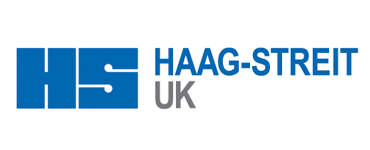
-
Ophthalmology TheatreRecent surveys exploring attitudes towards myopia demonstrate the enthusiasm for optical interventions among optometrists and atropine among ophthalmologists. However, interventions to slow myopia pro ...
Sponsored by:

-
Ophthalmology TheatreThis session will provide an overview of key corneal conditions to consider prior to cataract surgery, from dystrophies to degeneration, and dry eye to prior corneal surgery. The management and optimi ...
-
Ophthalmology TheatreThis presentation will outline the different forms of dry eye disease, as well as the history, examination and testing in clinic. The stepladders of treatment for aqueous deficient and evaporative dry ...
-
Ophthalmology TheatreThis session will provide an overview of the way in which the slit lamp can be used to assess ocular surface disease including a summary of popular grading systems used to assess ocular surface diseas ...
-
Ophthalmology TheatreThis session will consider the comprehensive assessment of patients for refractive surgery to ensure successful outcomes. Patient evaluation, particularly in areas such as dry eye and corneal tomograp ...
Sponsored by:
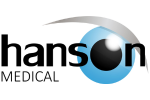
-
Ophthalmology TheatreThis session will highlight several areas that are especially new and relevant in presbyopia surgery and will illustrate this using case presentations. Content will include: Presbyopic laser vision co ...
-
Ophthalmology TheatreJoin SpaMedica’s chief medical officer, Dr Alex Silvester, for an insightful discussion on the future of cataract surgery. This session will explore the latest innovations in surgical techniques, tech ...
-
Ophthalmology Theatre
This presentation highlights the difficulties imposed by high myopia in differentiating between a healthy, highly myopic optic nerve and myopic glaucomatous neuropathy due to the unique morphological features of the myopic disc, the limitations in current spectral domain OCT and automated perimetry, and the comparatively poor representation of higher negative refractive errors in the database of these technologies. The session will evidence associations between glaucoma, axial elongation and refractive error as a consequence of weakening of the lamina cribrosa collagen support, scleral remodelling in the posterior pole and biomechanical changes in corneal hysteresis that occur as a result of a drive towards high myopia. The lecture then offers several tips and clinical pearls to overcome these obstacles and facilitate accurate assessment, diagnosis and differentiation between the two conditions. This topic is pertinent due to the significant increase in the prevalence of myopia and high myopia, which is predicted to worsen in the near future.
-
Ophthalmology Theatre
As AI continues to evolve in healthcare, its role in ophthalmology workflows is becoming increasingly valuable. This session will explore how AI-powered tools can assist ophthalmologists in automating image upload and processing, identifying at-risk patients and optimising clinical decision-making. Through real-world examples and evidence-based insights, we will discuss:
-
The role of AI in enhancing workflows for ophthalmologists
-
Automated data integration from imaging devices to AI-powered tools to improve efficiency
-
How AI can assist in identifying and triaging patients at risk for AMD, including GA
-
The value of AI in monitoring disease progression and treatment outcomes with comprehensive biomarker analysis
-
How AI can help you automate data processes, refine patient selection, to ultimately maximise practice efficiency and profitability.
By integrating AI into daily practice, physicians can streamline workflows, improve early disease detection, and enhance patient management while maintaining efficiency in busy clinical settings. This session will provide insights into how AI can seamlessly be implemented to support professionals in retinal disease management.
-
-
Ophthalmology TheatreThis lecture will address the growing evidence base for photobiomodulation or low-level light therapy (LLLT) for the management of patients with dry AMD. It will explore the mechanism of disease activ ...
Sponsored by:
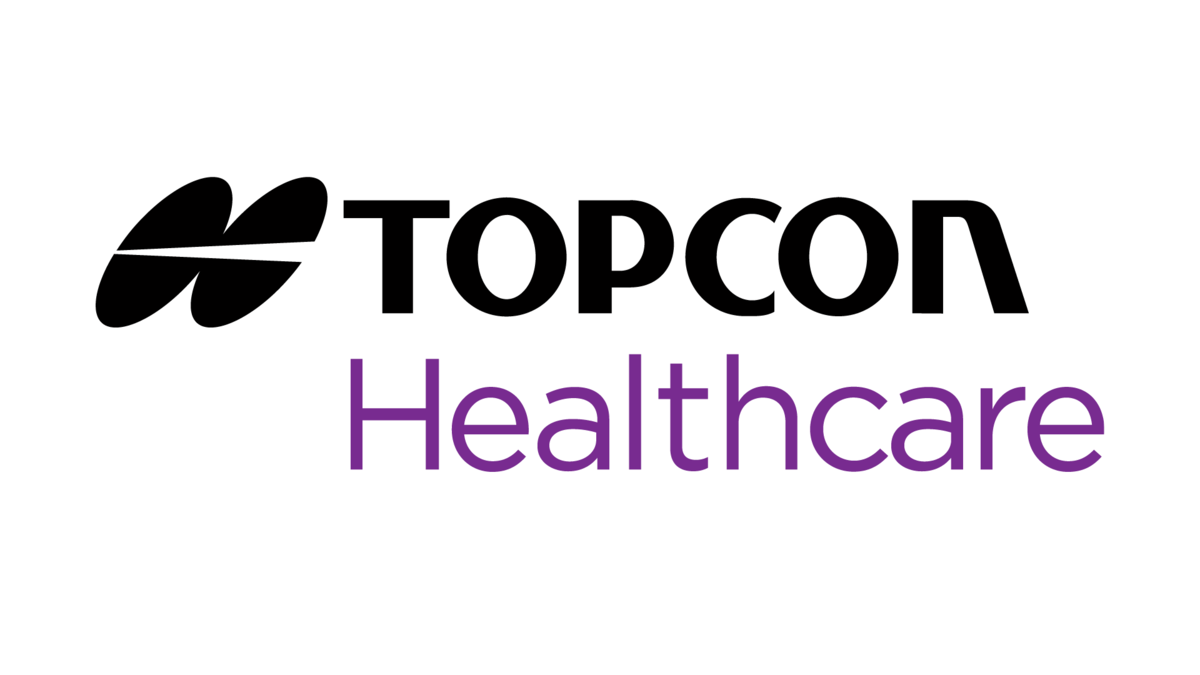
-
Ophthalmology TheatreThis session will discuss new and upcoming investigation tools and treatment modalities to improve the control of glaucoma and hence provide the best quality of life for patients with the disease.
Sponsored by:

-
Ophthalmology Theatre
This session will discuss the causes and symptoms associated with floaters, outlining where treatment is warranted and the options available. Treatment is particularly relevant with the increasing use of premium intraocular lenses.
-
Optical AcademyThe AOP presents peer review. In small groups, you will be presented with different clinical and ethical scenarios to discuss and digest with your colleagues.
-
Optical AcademyThis workshop will start with a brief introduction to large language models and their use in healthcare and ophthalmology, with a focus on ChatGPT and its use in optometric practice and the future potential the technology. The workshop will consist of a demonstration and discussion of scenarios on ChatGPT and other digital tools that incorporate GPT models. The workshop will conclude with a Q&A session.
-
Optical AcademyThis interactive workshop will delve into the cutting-edge applications of corneal tomography in clinical practice. Participants will explore the latest techniques for identifying and distinguishing various corneal pathologies using advanced imaging technology. The round-table format will encourage active participation, allowing attendees to share experiences, discuss complex cases, and learn from peers and the expert facilitator. This session aims to enhance clinical decision-making skills and improve diagnostic accuracy in corneal assessment.
Sponsored by:

-
Optical AcademyThis discussion workshop will explore how advancements in varifocal lens technology and digital surfacing techniques can be tailored to meet modern visual demands. It will highlight the key parameters, such as eye dominance, near vision behaviour, and back vertex distance, that influence the optical performance of progressive addition lenses. The session will also cover the impact of personalised measurements on enhancing lens performance and patient satisfaction.
Sponsored by:

-
Optical Academy
This session explores the qualifications, responsibilities, and benefits of supervision in eye care, guided by the College of Optometrists and GOC standards. Attendees will reflect on supervision as a mutual learning experience while reviewing legal frameworks such as the Opticians Act 1989. Through discussion, participants will share strategies to enhance supervision and ensure compliance with professional standards.
-
Optical AcademyThis lecture will explore the expanding role of photobiomodulation, or Low Level Light Therapy (LLLT), in optometric practice. From its increasingly common application in managing anterior segment conditions and dry eye disease, to the latest advancements showing promising results in reducing drusen volume and improving visual acuity in patients with dry age-related macular degeneration (AMD), the session will highlight the growing body of clinical evidence supporting its use.
Sponsored by:

-
Optical AcademyThe AOP presents peer review. In small groups, you will be presented with different clinical and ethical scenarios to discuss and digest with your colleagues.
-
Optical AcademyDuring this interactive session, participants will understand the true meaning of authentic allyship and will learn how will use this within their clinical practice.
-
Optical AcademyThis lecture will explore history and examination insights from an optometry perspective, focusing on how these factors influence lens choice for cataract or refractive lens exchange patients. It will also provide an overview of the latest lens technologies. Through practical case studies, attendees will see how clinical decisions are made in real-world scenarios, and there will be time for Q & A at the end of the session.
Sponsored by:
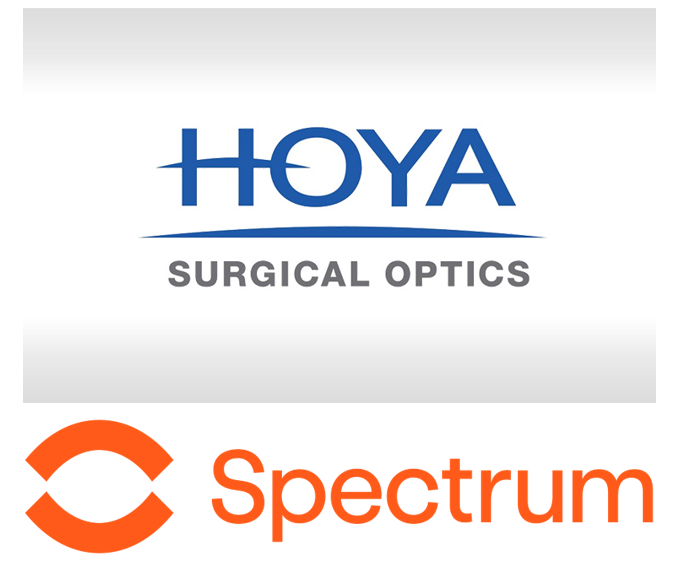
-
Optical AcademyThis lecture will consider the global problem of glaucoma, outlining diagnosis, highlight risk factors and detail contemporary management strategies.
Sponsored by:

-
Optical AcademyThis session highlights the importance of prioritising mental health and wellbeing as an eye care professional to improve decision making and enhance patient outcomes. Research has identified unique occupational pressures and delegates will discuss using case scenarios how to best support each other and individuals at risk of declining mental wellbeing. Delegates will explore strategies for maintaining a healthy work-life balance and fostering a positive workplace culture. Topics will include stress management techniques, dealing with challenging situations, building supportive work relationships, cultivating positive patient interactions and promoting overall wellbeing.
-
Optical Academy
This peer review session will consider the common clinical, ethical and regulatory scenarios practitioners encounter when examining children, and how to manage these situations effectively in practice.
*Please note that the cases in this session have been presented at some AOP events in 2024.
-
Optical AcademyThe AOP presents peer review. In small groups, you will be presented with different clinical and ethical scenarios to discuss and digest with your colleagues.
-
Optical AcademyThis interactive roundtable session will explore the crucial role of biometry in modern myopia management practices. Participants will engage in discussions about the latest techniques, technologies, and best practices for using biometry to assess, monitor, and manage myopia progression. The session will cover topics such as axial length measurement, its significance in myopia control and how to integrate biometry data into patient care plans. Delegates will also discuss the challenges and opportunities in implementing biometry-based approaches in daily clinical practice.
Sponsored by:

-
Optical AcademyThis session will cover the important role that primary eye care professionals have in the eye care support pathway. The workshop will explain what is meant by support and information and how optometrists and dispensing opticians can play a key role at all stages and through each strand. The session will cover what support might be required, what support is available and how to link patients to that support in the middle of a busy clinic.
-
Optical AcademyHeadache and migraine presentations can be a challenge for both the patient and the practitioner. Trying to assess if there is an ocular cause is the primary objective. Reassuring the patient that what they have is within the normal parameters of headaches and migraines or directing them to their local GP for further assessment is the typical standard of care. However there are times when a sinister presentation presents in primary practice and practitioners need to be armed with the knowledge of how to differentiate the simple from the sinister sight-threatening and life-threatening conditions. Clinical pearls, red flags and best-practice strategies of how to prepare for these eventualities will be considered along with classification and features, referral criteria and social prescribing.
Sponsored by:

-
Optical Academy
This peer review session will consider the common clinical, ethical and regulatory scenarios practitioners encounter when examining children, and how to manage these situations effectively in practice.
*Please note that the cases in this session have been presented at some AOP events in 2024.
-
OSADemand for home-testing of visual acuity (VA) in children with amblyopia significantly increased due to the COVID-19 pandemic. Since May 2023, home visual testing prototypes including Optonet and IbisVision have been clinically tested by orthoptists. Many children are required to be absent from education every 6 to 8 weeks to attend eye appointments which negatively impacts their learning and can be expensive or inconvenient for parents. Thus, home VA testing would be beneficial to help limit these disadvantages. This session will explore the experiences and learnings from using remote digital vision testing, and include a wider discussions of what is next for paediatric assessments.
-
OSASupported by her research in paediatric facial anthropometry and the considerations this brings to suitable spectacle frames for children, Dr Alicia Thompson will take attendees through a range of aspects it is essential to consider when dispensing children. Delegates will be asked to consider the perspective of the child and how they may view the experience of the dispensing appointment, as well as consider their developmental situation. The relationship between different facial and frame measurements will be covered in detail and includes discussions on the facial development of children from birth and how this relates to facial measurements and frame fitting. This lecture will also look at some specific characteristics and general facial measurement indications for children of different ethnicities and children with Down syndrome. Discussions on frame availability and considerations on appropriate lens choices will also be conducted.
-
OSA
Can we look at the whole visual system, the co-operation between the eyes and the brain, and on how an individual perceives the world and alter our lens design and dispensing considerations? This lecture looks at the visual system and what we can do to give an individual wearer the best perceived vision.
-
OSAThis discussion workshop will help delegates appreciate the importance and value of evidence-based practice and understand what makes a good clinical trial. This will in turn help them evaluate the efficacy in a considered manner and be able to share their learnings with children and their parents or guardians to ensure they understand their chosen myopia management solutions and have realistic expectations.
Sponsored by:

-
OSAThis session will focus on the critical need for a more patient-centred approach when recommending spectacle lens solutions, emphasising the importance of considering a patient’s occupation, lifestyle and personal preferences. The session will review current specialist lens solutions, including occupational-specific designs and explore how these can meet the growing demand for personalised eye care. Attendees will leave with actionable insights on how to integrate these considerations into their practice, ensuring better visual outcomes and fostering stronger patient relationships.
Sponsored by:
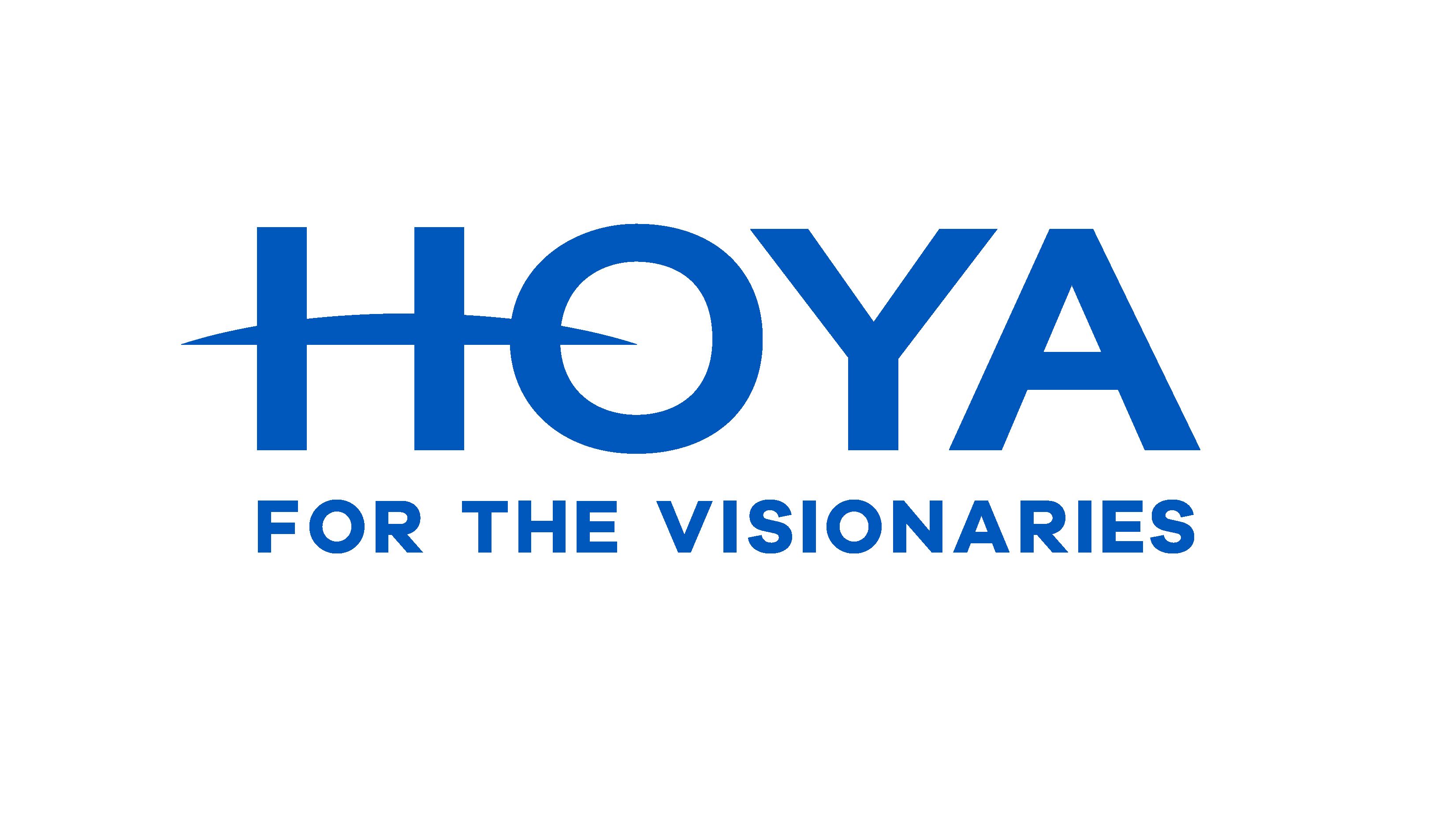
-
OSAThis lecture will follow the process of a lens through the optical lab and explain the benefits of glazing in-house rather than outsourcing to allow a practice to control quality, manage costs and reduce environmental impact.
-
OSAThis presentation will give an overview of recent developments, clinical challenges, opportunities, and controversies concerning community eye care for schoolchildren. Concerning myopia, the role of optometrists and opticians is developing from clinicians who correct, to those who treat – contemporary interventions will be summarised. Binocular vision anomalies that can be managed in community practice will be reviewed, and the optometric correlates and role of the optometrist in dyslexia will be summarised.
Sponsored by:
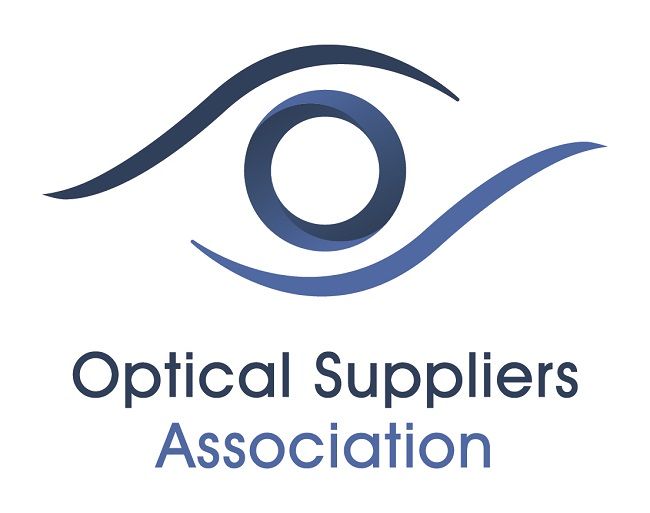
-
OSAPresentation about the development of AI for OCT analysis with focus on developments in glaucoma and macula AI algorithms and how they can support with the detection, diagnosis, and track changes in v ...
Sponsored by:

-
OSAKees will present the role of modern tonometers in glaucoma diagnosis and management, where he will share his deep knowledge and insights into how innovative tonometry solutions are transforming the w ...
Sponsored by:

-
OSA
A discussion about the research which has just been undertaken by ABDO, the College of Optometrists and the OSA into parental understanding of children’s eye care. Holly will provide insights into the nature and broad scope of Mumsnet campaigning. This is expected to provide a level of consumer engagement which will be welcomed by the entire optical community when the findings are announced. There will be an opportunity for delegates to ask questions
-
OSATransform how you manage glaucoma in primary care with the latest advancements in at-home intraocular pressure monitoring. Enable patients to take an active role in their eye health with accurate, rea ...
Sponsored by:

-
SpecsaversThis interactive discussion session explores what is professionalism, the relationship to eyecare professionals and what differentiates us from the role of a technician. Thought provoking topics, covering how our scope of practice is evolving as we manage the transition from just vision care to health care providers.
-
SpecsaversOcular nerve pathology including glaucoma are complex conditions, that are not always easy to detect and diagnose. This peer review session reviews best practice investigation and management of various cases that are presented to practice and explores whether a referral is warranted.
-
SpecsaversThis series of peer review cases explores clinical decision making and practice in assessment, management and referral of children with eye care problems.
-
SpecsaversThis series of peer review cases explores clinical decision making and practice in assessment, management and referral of children with eye care problems.
-
SpecsaversAn interactive discussion on management of retinal disorders commonly encountered in primary practice. This session will explore the benefit of attaining higher qualifications to enhance confidence in diagnosis, aid clinical decision making and, where referral is indicated, consideration of the most appropriate service pathways.
-
SpecsaversAn interactive discussion on management of retinal disorders commonly encountered in primary practice. This session will explore the benefit of attaining higher qualifications to enhance confidence in diagnosis, aid clinical decision making and, where referral is indicated, consideration of the most appropriate service pathways.
-
SpecsaversThis interactive discussion session will give delegates an understanding of homelessness and the impact of that on access to sight care, and how we as eye care practitioners can help to make a difference.
-
SpecsaversThis interactive discussion session will give delegates an understanding of homelessness and the impact of that on access to sight care, and how we as eye care practitioners can help to make a difference.
-
SpecsaversAn overview of the current Scheme for Registration from a supervisors perspective with particular focus on best practice in organising, managing, developing and mentoring pre-registration optometrists throughout.
-
SpecsaversThis session is designed to be support those interesting in gaining the independent prescribing (IP) qualification, those on their IP journey and with embedding best practice IP approaches in practice. The session will review aspects such as the clinical management guidelines, the Therapeutics Common Final Assessment (TCFA), and how to develop local relationships to ensure local prescribing habits result in the best patient care.
-
SpecsaversThis exciting session focuses on the role of the registrant in understanding the physiological and social development of paediatric patients in relation to frame and ophthalmic lens dispensing and explores ways to take a patient-centric approach when dispensing to children.


)
)

)
)

)
)
)
)
)
)
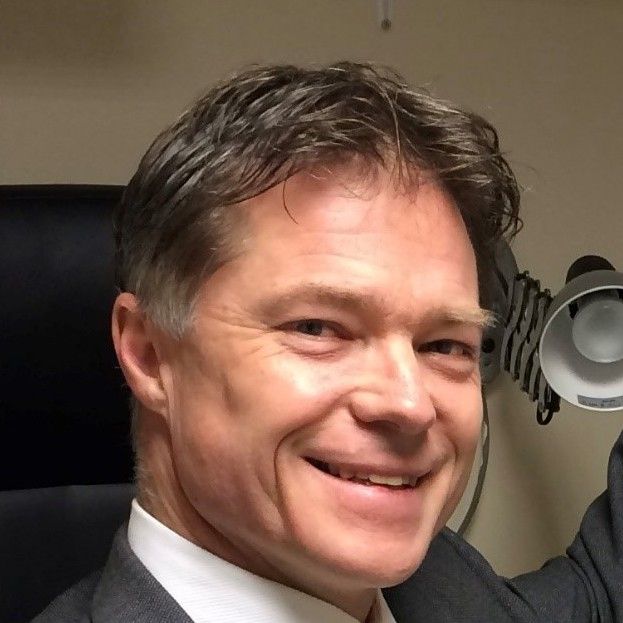
)
)
)
)
)

)
)

)
)
)
)
)
)

)
)
)
)
)
)
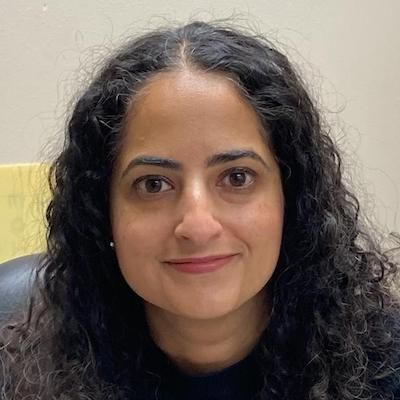
)
)
)
)

)
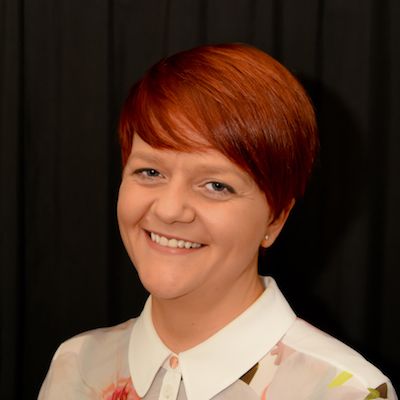
)
)
)

)
)
)
)
)
)
)
)
)
)
)
)
)
)
)

)
)
)
)
)
)

)
)
)
)
)

)
)

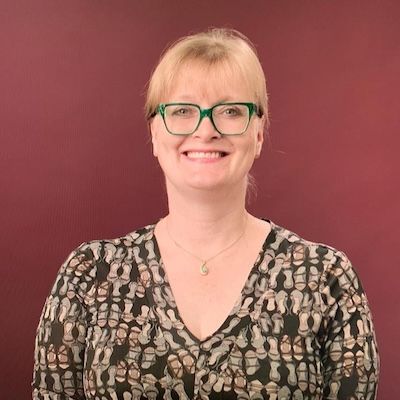
)
)

)
)
)
)
)
)
)
)

)
)
)
)
)
)

)
)
)
)
)
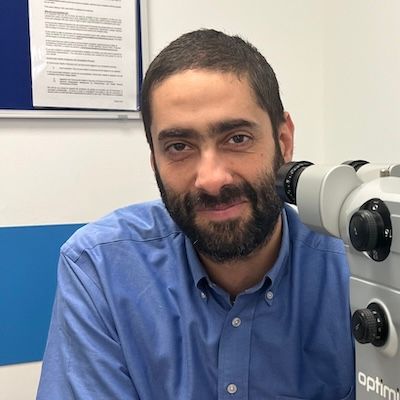
)
)
)
)
)
)
)

)
)
)
)
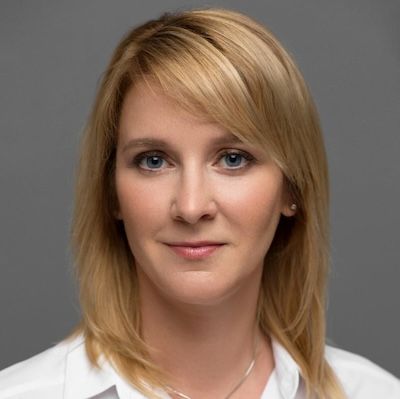
)
)
)
)
)
)
)
)
)
)
)
)
.png/fit-in/1280x9999/filters:no_upscale())
)
)
)
)
)
)
)
)
)
)
)
)
)
)
)
)
)

